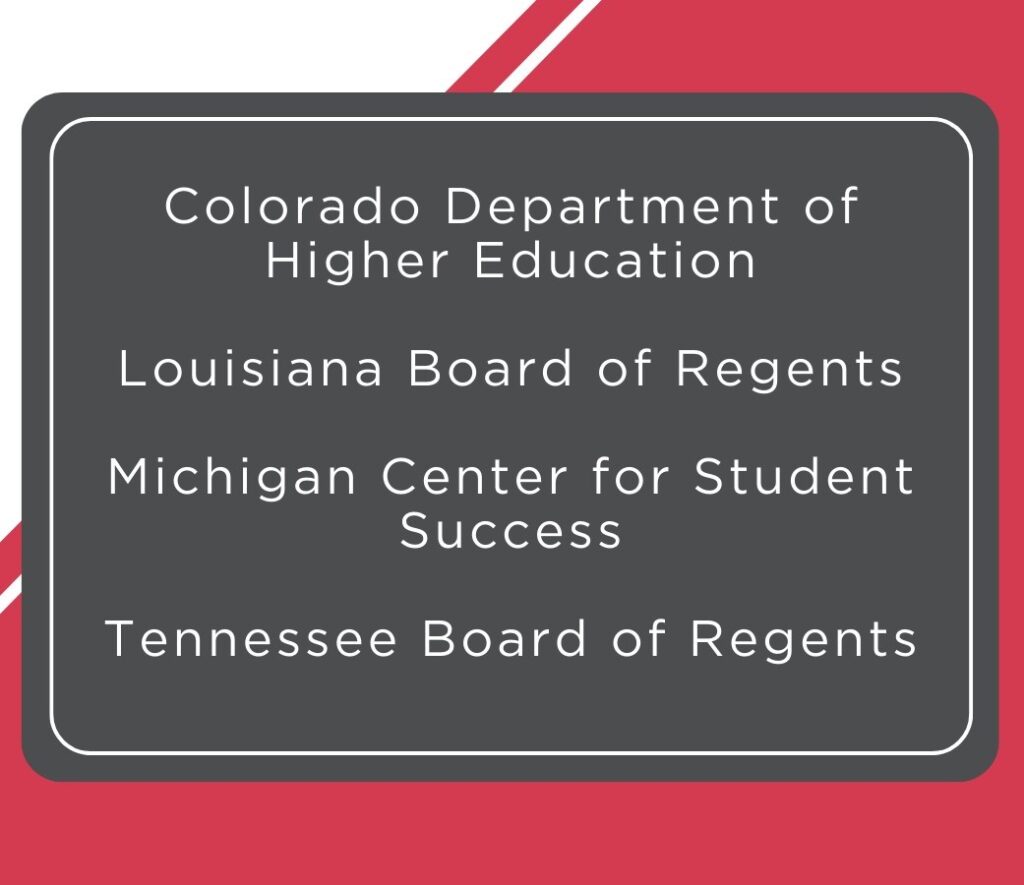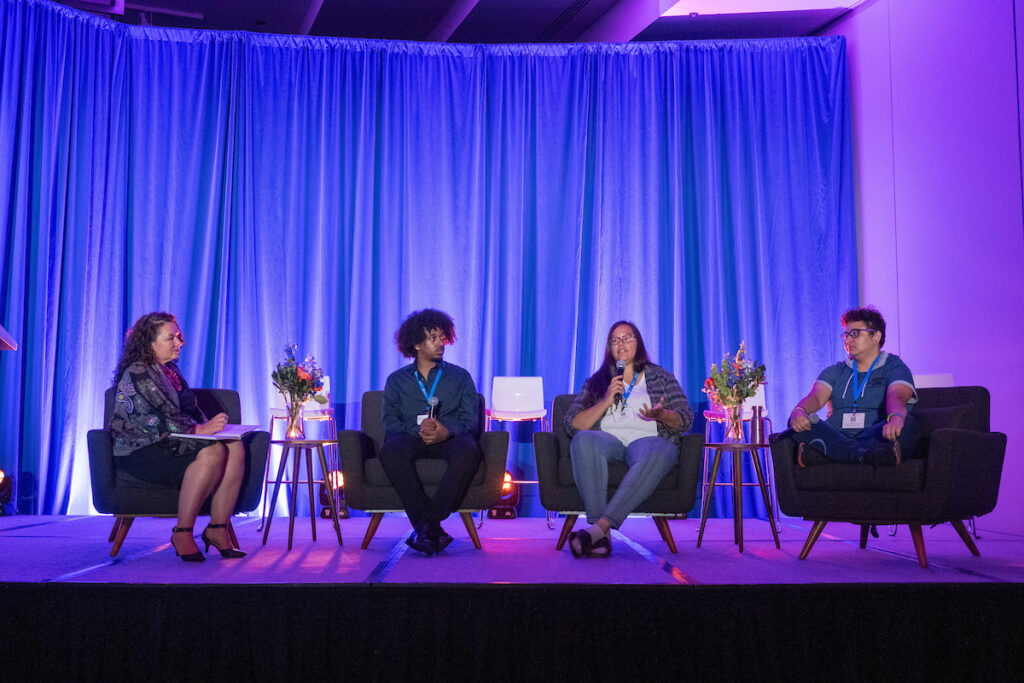Reforming developmental education is about offering learning support in a more effective and equitable way. What is the role of AI in the context of these reforms? This important question and more was explored during a recent learning session. The session was hosted by Strong Start to Finish and Every Learning Everywhere, facilitated by Achieving the Dream and the WICHE Cooperative for Educational Technologies. Read about our reflections and the questions we’re still asking ourselves in our newest blog.
Exploring the Use of Artificial Intelligence (AI) in Corequisite Classrooms









